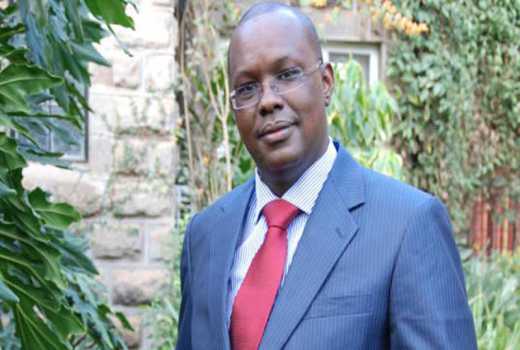×
The Standard e-Paper
Stay Informed, Even Offline

Making money is one thing, but creating wealth that will outlive you is another. Anthony Mwithiga, Chief Investment Officer and Head of Wealth Management at the Commercial Bank of Africa (CBA) tells JACQUELINE MAHUGU the secrets to building lasting wealth.
1. Save in a unit trust